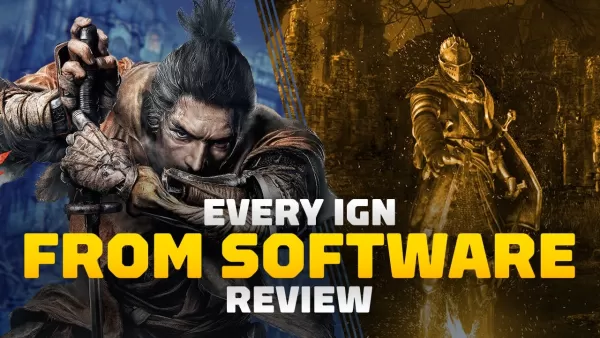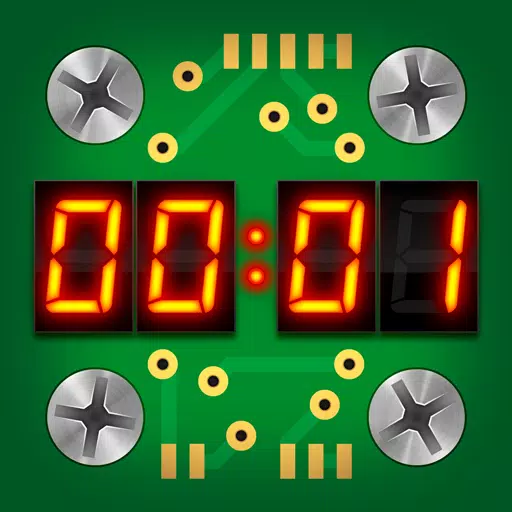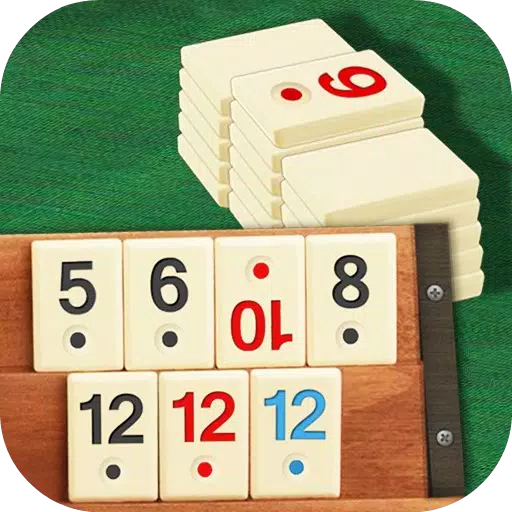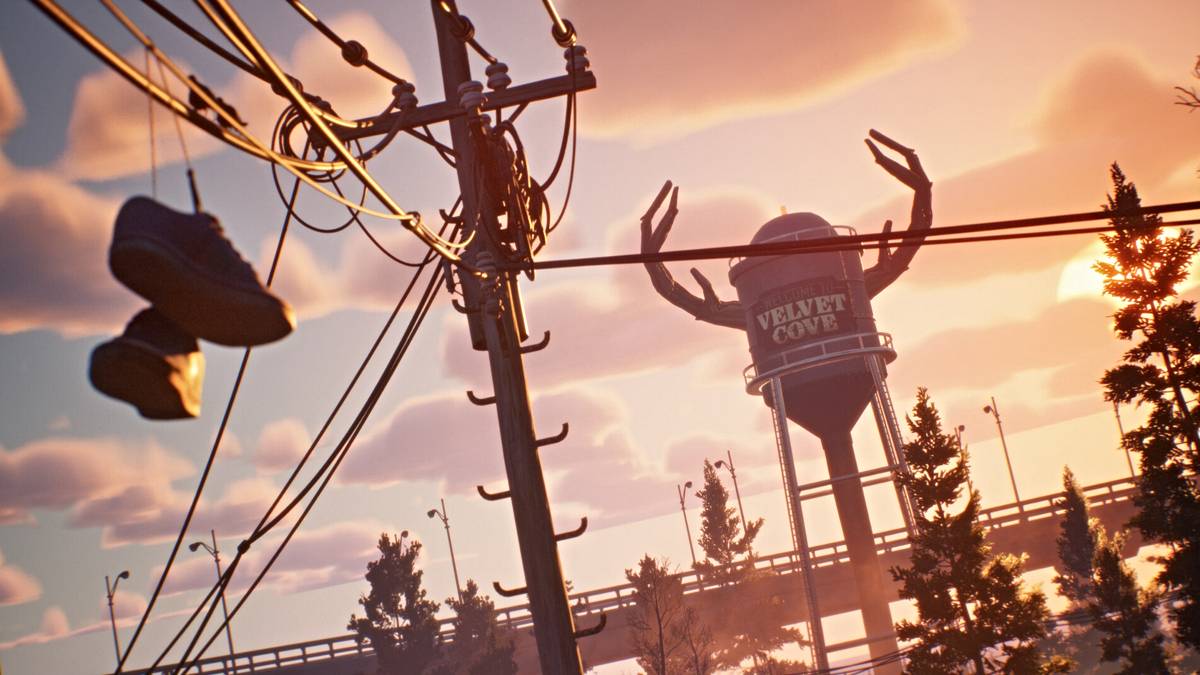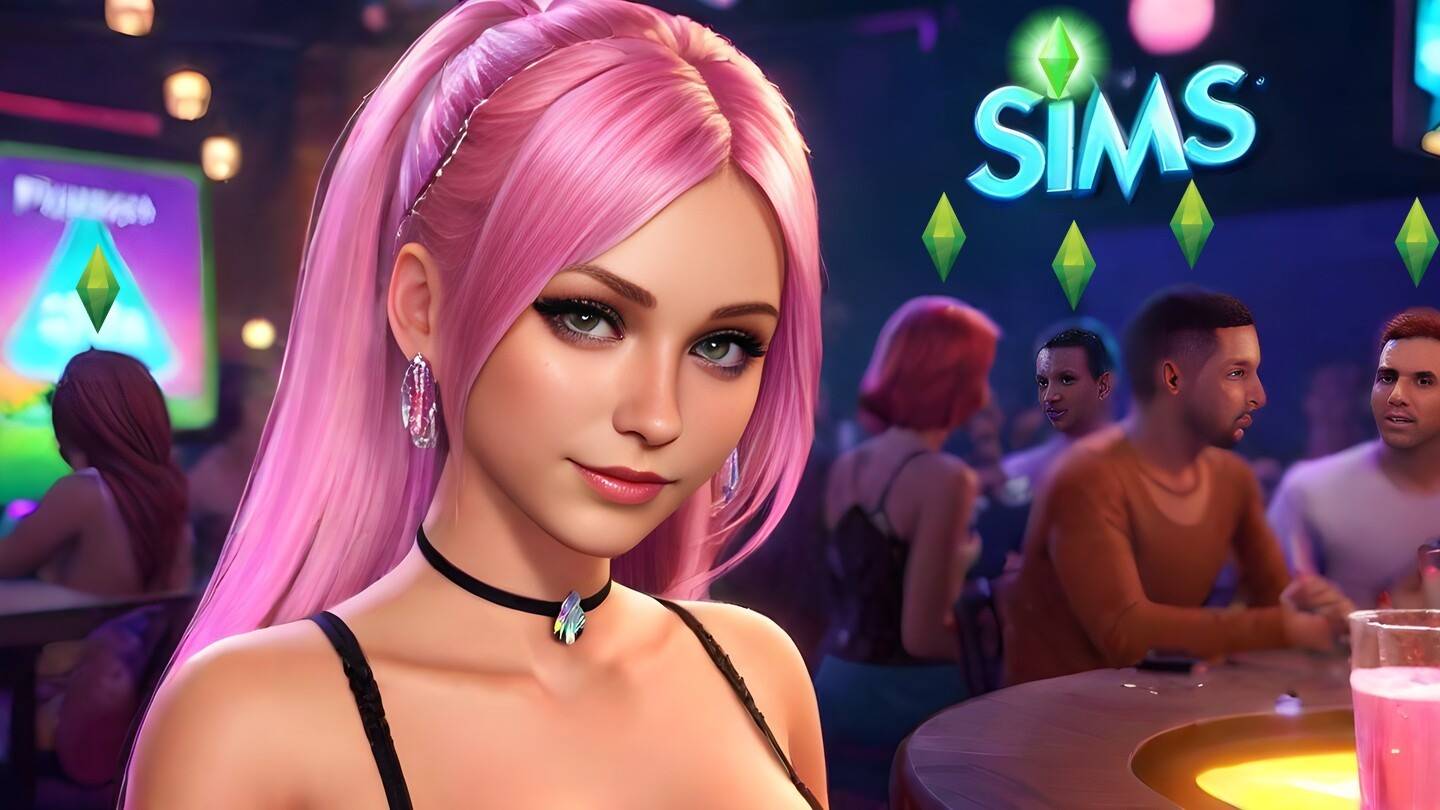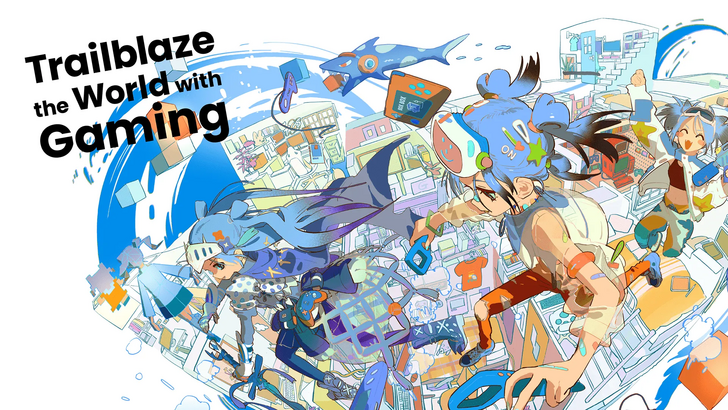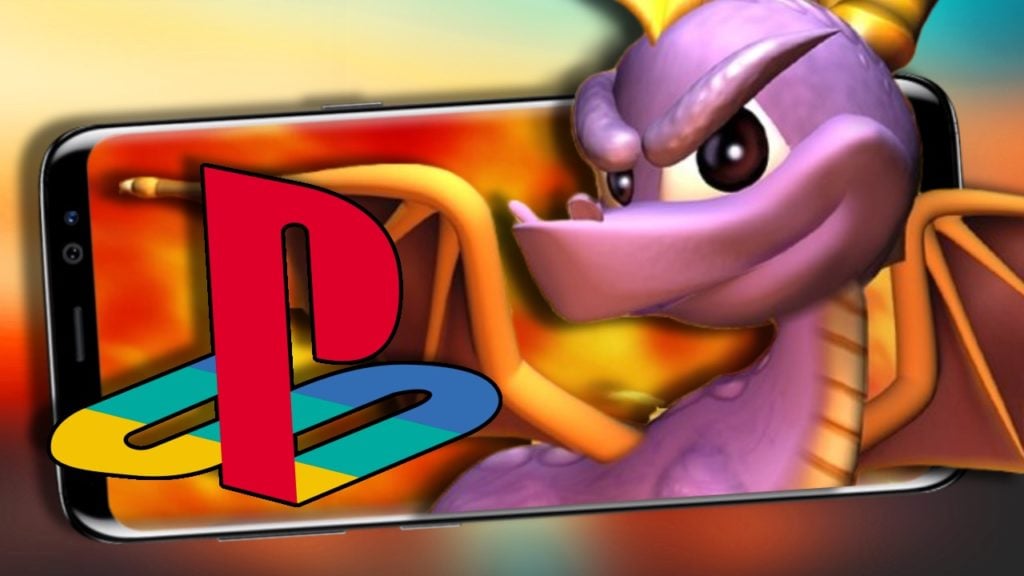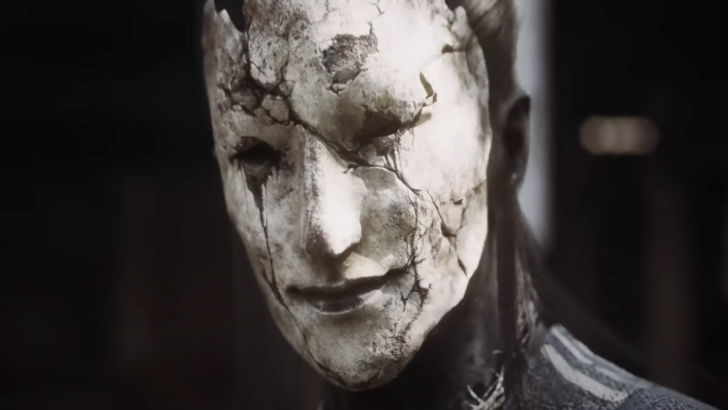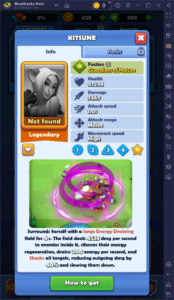Nintendo's aggressive stance against emulation and piracy is well-documented. Recent legal actions highlight this, including the $2.4 million settlement with Yuzu emulator developers in March 2024, the cessation of Ryujinx development in October 2024 following Nintendo's intervention, and the near-prevention of a full Steam release for the Dolphin emulator in 2023 due to Nintendo's legal pressure on Valve. The infamous 2023 case against Gary Bowser, resulting in a $14.5 million debt to Nintendo for reselling piracy-enabling devices, further underscores this commitment.
A recent presentation at Tokyo eSports Festa 2025 by Koji Nishiura, a Nintendo patent attorney, shed light on the company's legal strategy. Nishiura clarified that while emulators aren't inherently illegal, their use can become illegal depending on functionality. Specifically, emulators that copy game programs or bypass console security measures may infringe on copyright laws, primarily under Japan's Unfair Competition Prevention Act (UCPA). The UCPA's limited jurisdiction, however, restricts Nintendo's ability to pursue legal action internationally.
The presentation used the Nintendo DS "R4" card as a case study. This device allowed users to run pirated games, leading to a successful UCPA lawsuit against its manufacturers and resellers, resulting in the R4's ban in 2009. Nishiura also highlighted the illegality of "reach apps," third-party tools facilitating pirated software downloads within emulators. Examples include the 3DS's "Freeshop" and the Switch's "Tinfoil."
Nintendo's lawsuit against Yuzu cited one million pirated copies of The Legend of Zelda: Tears of the Kingdom, alleging that the emulator's Patreon revenue, reaching $30,000 monthly, was directly linked to providing early access and exclusive features to pirated games. This case exemplifies Nintendo's multifaceted approach to combating emulation and piracy, targeting both developers and users.






